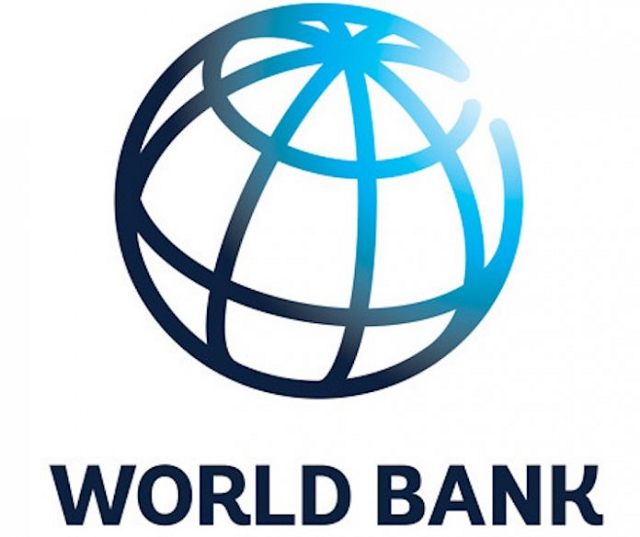According to the World Bank, inflation shock may force 15 million more Nigerians into poverty between 2020 and 2022.
This was stated by the Washington-based bank in the latest Nigeria Development Update report, headlined ‘The Continuing Urgency of Business UnusualOverall’, the ‘inflation shock’ is anticipated to result in nearly 15 million additional Nigerians living in poverty between 2020 and 2022,” according to the research.
The lending bank stressed the need to reduce the rising inflation rate, pushing millions of Nigerians into poverty. Although the World Bank says inflation in 2022 is projected to be 15.5 percent, Nigeria’s inflation as of May this year is 17.71 percent, which is higher than the World Bank’s projection.
The lending bank further said that Nigeria has one of the highest inflation rates in the world. According to the bank, inflationary pressures in the country are driven by certain policy distortions.
The bank said, “Inflationary pressures were compounded by policy distortions, in particular (i) lack of flexible foreign exchange management, (ii) trade restrictions, and (iii) conflicting monetary policy goals.” It further disclosed that global supply shocks exacerbated inflationary pressures and increased the urgency.
Aside from the policy distortions, the COVID-19 pandemic and the war in Ukraine have contributed to rising inflation.
It was also stated that financing the fiscal deficit and trade restrictions by the Central Bank of Nigeria fuel inflationary pressures. Nigeria will have one of the highest inflation rates in Sub-Saharan Africa in 2022.
The bank also said that poverty might be entrenched in certain Nigerian households, particularly in rural areas in the north.
In combating poverty, certain reforms were recommended, including fiscal, trade, and exchange-rate policies that could help diversify the economy; invigorate structural transformation; and create good, productive jobs, especially wage jobs.
World Bank economists, Jonathan Lain and Jakob Engel, have said that rising inflation, continued population growth, the COVID-19 pandemic, and the war in Ukraine is threatening Nigeria’s poverty reduction aspiration.
In its ‘A Better Future for All Nigerians: 2022 Nigeria Poverty Assessment’ report, the World Bank said that poverty reduction stagnated since 2015, with more Nigerians falling below the poverty line over the years.
The Washington-based bank added that the number of poor Nigerians is projected to hit 95.1 million in 2022.
The World Bank also warned that many non-poor Nigerians were only one small shock away from falling into poverty.
According to the lender, such a shock can be induced by the issues of climate or conflict, which could further threaten Nigeria’s poverty reduction efforts. Like the World Bank, the International Monetary Fund (IMF)has said that the inflation rate in Nigeria is expected to remain elevated in 2022.













